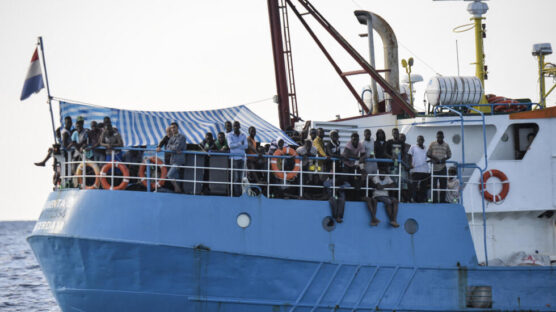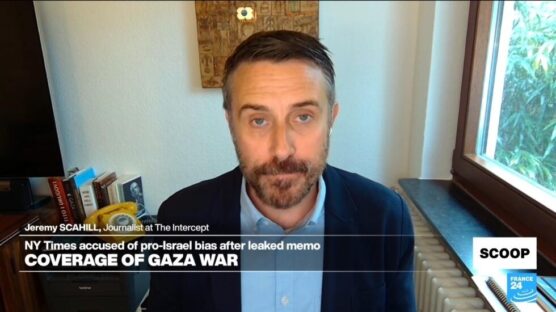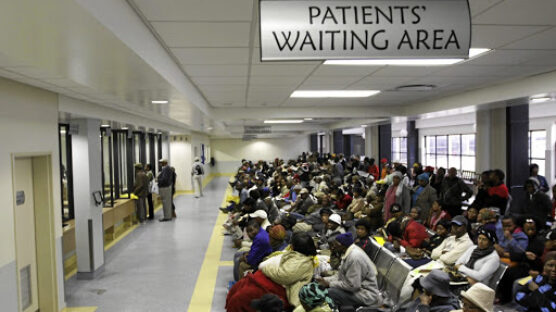Ahead of NATO summit, alliance sets out plan to increase high-alert forces
By DW
28 June 2022 |
2:29 pm
Ahead of the annual NATO Summit in Madrid this week, the alliance's chief announced plans to increase the number of its high-readiness forces and bolster its eastern flank.
In this article
Related
Related
3 days ago
The case had been noted as an extreme example of European governments' efforts to thwart NGOs helping migrants in the Mediterranean.
1 day ago
Some US media outlets have been criticised for their coverage of Israel's devastating military offensive in Gaza, including legacy brands like the Los Angeles Times, Washington Post, and The New York Times.
3 days ago
In this week’s special edition of Access Asia, we focus on India as the country's record-breaking election gets under way. In the past few years, India's ranking in the World Press Freedom Index has plummeted.
1 day ago
The global defense budget saw its largest yearly increase in 14 years in 2023, according to the think tank SIPRI. Russia's war in Ukraine, the China-Taiwan crisis and other global conflicts played a significant role.
1 day ago
The British Parliament is once again voting on a plan to send asylum seekers to Rwanda. Prime Minister Rishi Sunak has said the flights will go ahead "come what may."
2 hours ago
Austrian police have arrested two young couples from Bavaria after they visited the birthplace of Adolf Hitler. Officers took action when they saw a woman in the group performing a Nazi salute.
Latest
52 mins ago
A high court judge has dismissed the case brought by South Africa's ruling ANC party accusing the MK party of copyright infringement. Flooding hits many parts of Kenya, sweeping away vehicles, submerging key highways and sending some communities scrambling to find higher ground. And staying in Kenya, a nation known for its marathon and long distance running gold medals is now hoping to shine in sprint.
2 hours ago
Guardian Woman Festival: Woman Revolution - Transforming Economic Sector
2 hours ago
The world of work is undergoing a rapid transformation, constantly reshaping how we think about work, careers, and success. The rise of remote work, the increasing importance of skills over degrees and of course, the impact of artificial intelligence and automation has all led to what we now call the new work era.
7 hours ago
South Africa is edging closer to a major healthcare overhaul with a bill that aims to provide universal coverage, but concerns are mounting over whether the struggling public system is ready to implement such an ambitious plan, healthcare workers, patients and business groups say.
7 hours ago
A museum in Nigeria is attracting visitors with decoration and works of art made from upcycled materials. The museum wants to encourage recycling to protect the environment and teach young people how to live more sustainably.
1 day ago
World Athletics has broken ranks with other sports federations in opting to pay athletes bonuses for medals at the 2024 Paris Olympics. Some deem this a breach of the Olympic spirit, while others think it’s long overdue.
×

Get the latest news delivered straight to your inbox every day of the week. Stay informed with the Guardian’s leading coverage of Nigerian and world news, business, technology and sports.


















0 Comments
We will review and take appropriate action.